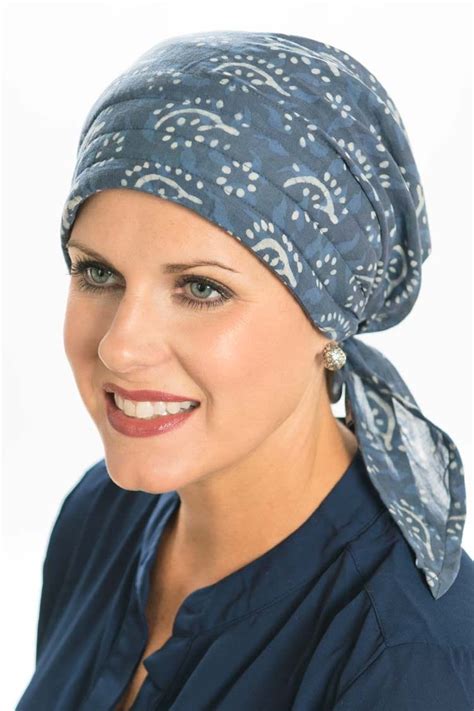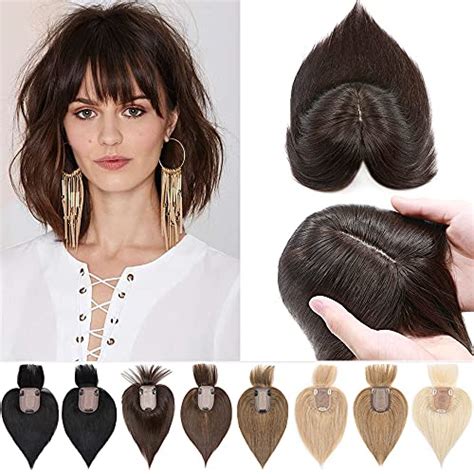Introduction
Human hair toppers have become increasingly popular in recent years as a discreet and effective solution for thinning hair or hair loss. Unlike wigs, which cover the entire head, toppers are designed to blend seamlessly with your natural hair, providing volume and coverage where it’s needed most. However, the cost of human hair toppers can vary significantly, depending on a number of factors. In this comprehensive guide, we’ll break down the key factors that influence human hair topper costs and provide you with all the information you need to make an informed decision.

Factors Influencing Human Hair Topper Costs
Several factors impact the cost of human hair toppers, including:
1. Raw Hair Quality
The quality of the raw hair used to make a human hair topper is the most significant factor influencing its price. Virgin hair, which has never been treated or colored, is the most expensive and sought-after type of hair. Remy hair, which has been carefully collected and aligned, is also highly prized for its natural appearance and durability. Lower-quality hair, such as synthetic hair or non-Remy hair, is more affordable but may not have the same longevity or natural look.
2. Hair Texture
The texture of the hair also affects the cost of a topper. Straight hair is generally less expensive than curly or textured hair, as it is easier to work with and requires less processing.
3. Length
The length of the topper also plays a role in its cost. Longer toppers require more hair and more labor to create, making them more expensive than shorter toppers.
4. Density
The density of a topper refers to the amount of hair it contains. The more dense a topper is, the more hair it has, and the more expensive it will be.
5. Construction
The construction method used to make a topper can also impact its cost. Toppers that are hand-tied or made with a monofilament base are typically more expensive than machine-made toppers.
6. Brand
The brand name of a topper can also affect its price. Well-known brands with a reputation for quality and durability tend to charge higher prices for their products.
7. Customization
If you require a custom-made topper to match your specific hair color, style, or texture, you can expect to pay a higher price.
Average Human Hair Topper Costs
According to industry experts, the average cost of a human hair topper ranges from $500 to $2,500. However, prices can vary significantly depending on the factors discussed above.
As a general rule of thumb, you can expect to pay more for a topper made with high-quality raw hair, a customized design, and a more complex construction.
Cost Comparison Table
To help you visualize the cost differences, we’ve created a comparison table based on the aforementioned factors:
| Factor | Low-Cost Range | Mid-Cost Range | High-Cost Range |
|---|---|---|---|
| Raw Hair Quality | Synthetic or non-Remy hair | Remy hair | Virgin hair |
| Hair Texture | Straight | Wavy or curly | Textured |
| Length | 12-16 inches | 16-20 inches | 20+ inches |
| Density | Light | Medium | Heavy |
| Construction | Machine-made | Hand-tied | Monofilament base |
| Brand | Generic or unknown | Mid-range | Well-known |
| Customization | None | Some customization | Fully customized |
Example: A basic machine-made topper made with non-Remy hair in a 12-inch length with a light density would typically cost around $500. On the other hand, a fully customized hand-tied topper made with virgin hair in a 20-inch length with a heavy density could cost upwards of $2,500.
Factors to Consider When Choosing a Topper
When choosing a human hair topper, it’s important to consider your individual needs and budget. Factors to consider include:
- Your hair loss pattern: Where are you experiencing hair thinning or loss, and how much coverage do you need?
- Your natural hair color and texture: Choose a topper that closely matches your hair color and texture for a seamless blend.
- Your lifestyle: If you have an active lifestyle or spend a lot of time outdoors, you may want to consider a topper made with durable hair and a secure attachment method.
- Your budget: Determine how much you are willing to spend on a topper and research different options within your price range.
Pros and Cons of Human Hair Toppers
Pros:
- Natural-looking and blends seamlessly with your hair
- Can be styled and colored to match your natural hair
- Provides volume and coverage for thinning hair or hair loss
- Can be applied and removed easily
Cons:
- Can be expensive, especially for high-quality toppers
- May require professional installation and maintenance
- Requires regular care and washing to maintain its appearance
Conclusion
Human hair toppers offer a discreet and effective solution for thinning hair or hair loss. However, the cost of these toppers can vary significantly depending on several factors, including raw hair quality, hair texture, length, density, construction, brand, and customization. By understanding these factors and considering your individual needs and budget, you can make an informed decision and choose a human hair topper that meets your specific requirements and enhances your confidence.
